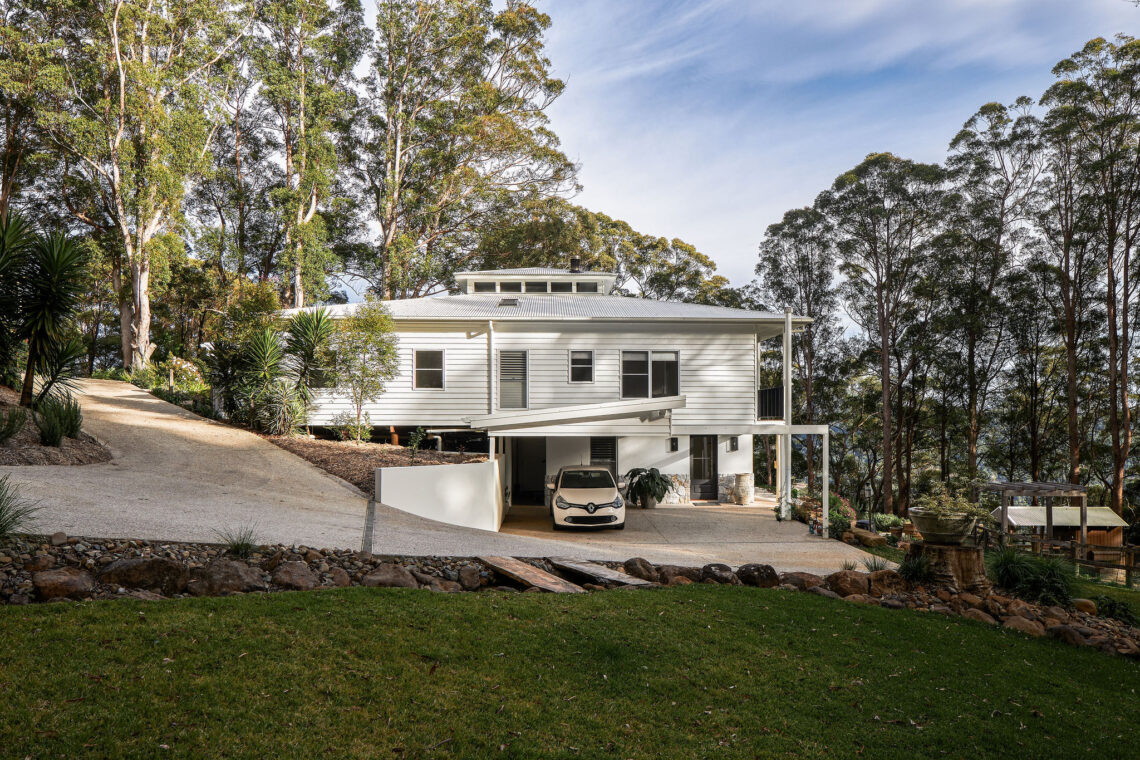Embarking on the journey of building a new home is an exhilarating experience, offering a blank canvas for you to create a space that perfectly encapsulates your lifestyle and preferences.
As you take the first steps towards this exciting endeavour, it’s essential to keep several design considerations in mind.

1. Lifestyle and Functionality
The foundation of any successful home design lies in understanding your lifestyle and how you intend to use the space. Consider your daily routines, hobbies and the future needs of your family. Are you an avid entertainer who requires open, flowing spaces? Do you need a home office or dedicated playroom for your children? Mapping out your functional requirements will guide the layout and flow of your new home, ensuring that it seamlessly integrates with your life.
2. Location and Orientation
The position of your home on the property and its orientation can significantly impact energy efficiency and natural lighting. A well-planned home takes advantage of the sun’s path, maximising natural light and minimising the need for artificial lighting during the day. Additionally, consider factors like prevailing winds, views and privacy. Your builder can help you optimise these aspects to create a comfortable and sustainable living environment.
3. Architectural Style and Aesthetics
Your home’s architectural style is an expression of your personal taste and can be influenced by regional influences or historical elements. Research various styles that resonate with you, whether it’s modern, traditional, farmhouse or contemporary. Collaborate with your building designer to incorporate design elements that reflect your desired aesthetic. From exterior facades to interior
finishes, your home’s visual appeal will stem from a well-defined design direction.
4. Future Proofing and Flexibility
As you design your new home, consider its adaptability for the future. Your family’s needs may change over time, so building in flexibility can save you the hassle of major renovations down the line. Design versatile spaces that can serve different functions as your lifestyle evolves. Incorporate smart home technologies that can be upgraded and adjusted as new innovations emerge.
5. Materials and Sustainability
Selecting the right materials for your home’s construction is a pivotal decision that impacts its durability, energy efficiency, and overall environmental impact. Opt for high-quality, sustainable materials that align with your values. Consider factors like insulation, energy-efficient windows and renewable energy options. Embrace eco-friendly practices throughout the construction process, from sourcing materials to waste management.
6. Budget and Prioritisation
Building a new home is an investment, and budget management is crucial. Work closely with your builder to set a realistic budget that accounts for design, construction and potential unforeseen expenses. Prioritise the aspects that matter most to you and allocate resources accordingly. A skilled builder can help you strike the right balance between your wish list and your budget constraints.
Designing a new home is an exciting opportunity to bring your vision to life.
By considering lifestyle, functionality, location, style, adaptability, materials, and budget, you’ll be well-equipped to create a home that embodies your dreams and caters to your unique needs. Partner with experienced professionals who understand your aspirations and can guide you through the intricate process of turning your vision into reality. With thoughtful design considerations, your new home will be a haven of comfort, beauty and functionality for years to come.
